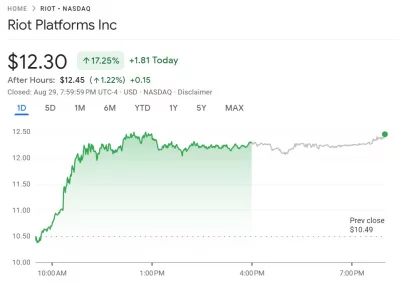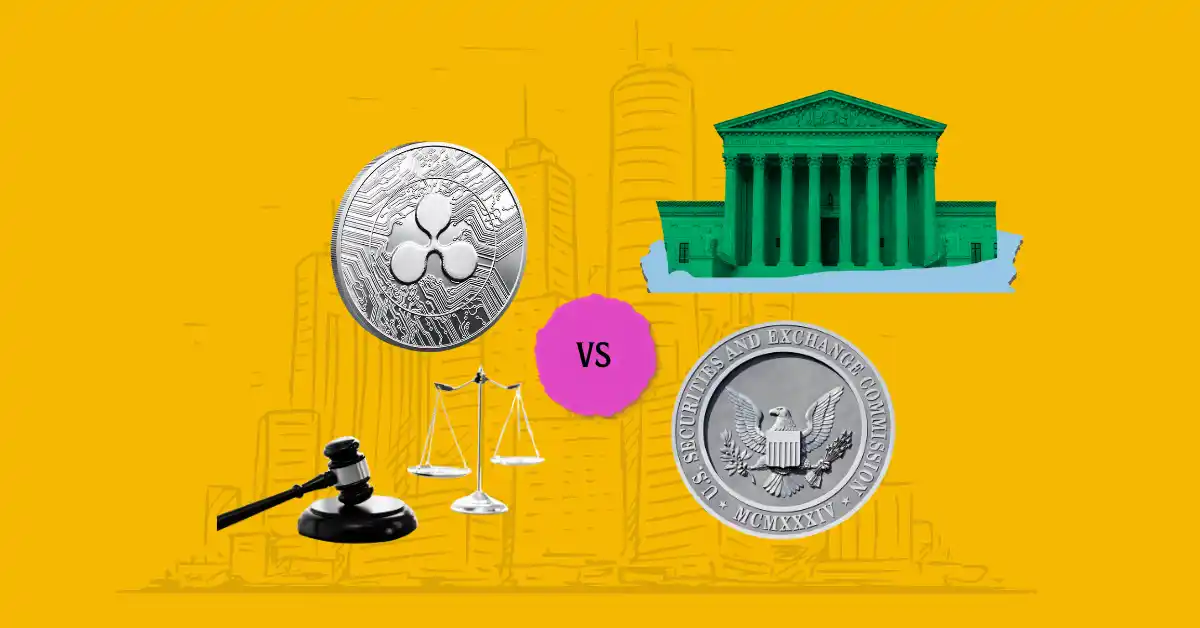FTC Probe Into OpenAI: Implications For AI Regulation And The Future Of ChatGPT

Table of Contents
- The FTC's Concerns and Focus Areas
- Data Privacy and Security
- Algorithmic Bias and Discrimination
- Consumer Protection and Misinformation
- Implications for AI Regulation
- The Need for Comprehensive AI Legislation
- Global Harmonization of AI Regulations
- The Future of ChatGPT and Similar LLMs
- Increased Scrutiny and Accountability
- Potential for Innovation and Responsible Development
- Conclusion
The FTC's Concerns and Focus Areas
The FTC's investigation into OpenAI is multifaceted, focusing on several key areas crucial for responsible AI development.
Data Privacy and Security
A primary concern for the FTC is OpenAI's data collection practices. ChatGPT's training relies on massive datasets, raising serious questions about the handling of personal information. The investigation likely centers on:
- Insufficient User Consent: Did OpenAI obtain adequately informed consent from users regarding the use of their data for training its models? The lack of clear and explicit consent could violate numerous data privacy regulations.
- Data Privacy Law Violations: Potential violations of laws like the California Consumer Privacy Act (CCPA) and the General Data Protection Regulation (GDPR) are under scrutiny. These regulations mandate specific data handling procedures and user rights.
- Data Security Vulnerabilities: The FTC is likely investigating the security measures OpenAI employs to protect the vast amounts of personal data used to train ChatGPT. Any vulnerabilities could lead to serious data breaches and compromise user privacy.
Algorithmic Bias and Discrimination
Another critical area of the FTC's investigation is the potential for algorithmic bias and discrimination in ChatGPT's outputs. The concern is that biases present in the training data could manifest in unfair or discriminatory outcomes:
- Bias in Training Data: The data used to train LLMs often reflects existing societal biases. This can lead to ChatGPT generating outputs that perpetuate or even amplify these biases.
- Lack of Algorithmic Transparency: The complexity of LLMs makes it difficult to understand how they arrive at specific outputs. This lack of transparency hinders the identification and mitigation of bias.
- Discriminatory Impacts: The potential for discriminatory impacts across various applications, including hiring, loan applications, and even the criminal justice system, is a major concern.
Consumer Protection and Misinformation
The FTC is also examining the potential for ChatGPT to cause consumer harm, particularly through the spread of misinformation:
- Generation of False Information: ChatGPT's ability to generate convincing but entirely false information poses a significant risk. This can be used for malicious purposes, such as creating deepfakes or spreading propaganda.
- Potential for Scams and Deception: Malicious actors could leverage ChatGPT to create convincing scams or deceptive content, harming consumers financially and emotionally.
- Lack of Clear Labeling: The absence of clear labeling to distinguish AI-generated content from human-created content contributes to the spread of misinformation and makes it difficult for consumers to assess the credibility of information.
Implications for AI Regulation
The FTC's investigation has far-reaching implications for the future of AI regulation globally.
The Need for Comprehensive AI Legislation
The investigation highlights a critical need for comprehensive legislation governing the development and deployment of AI systems. This includes:
- Data Privacy and Security Guidelines: Clear guidelines for the responsible collection, use, and protection of data in AI systems are essential.
- Algorithmic Transparency and Accountability: Legislation should mandate transparency in algorithmic design and decision-making processes to promote accountability.
- Bias Mitigation and Fairness: Mechanisms to address bias and ensure fairness in AI applications are crucial to prevent discriminatory outcomes.
Global Harmonization of AI Regulations
The FTC's actions will likely influence the development of AI regulations internationally. It is crucial to:
- Foster International Collaboration: Collaboration between international regulatory bodies is essential to develop consistent standards.
- Promote Consistent Standards: Harmonized standards for AI safety and ethics will prevent regulatory fragmentation and create a level playing field.
- Prevent Regulatory Fragmentation: Differing regulations across jurisdictions could stifle innovation and create unfair competitive advantages.
The Future of ChatGPT and Similar LLMs
The FTC's investigation will significantly shape the future of ChatGPT and similar LLMs.
Increased Scrutiny and Accountability
OpenAI and other LLM developers will face increased scrutiny regarding their data practices, algorithmic transparency, and efforts to mitigate bias and misinformation. This could lead to:
- More Stringent Data Governance: Companies will need to adopt more robust data governance policies to comply with regulations and ensure user privacy.
- Investment in Bias Mitigation: Increased investment in bias detection and mitigation techniques will be necessary to ensure fairness and equity.
- Greater Model Transparency: Greater transparency in model training and operation will be essential to build trust and accountability.
Potential for Innovation and Responsible Development
While challenging, the FTC's investigation can also spur innovation and responsible development within the AI industry. This could involve:
- Developing More Ethical AI: The focus on ethical considerations will drive the development of more robust and ethical AI systems.
- Prioritizing User Privacy: User privacy and data security will become paramount concerns, driving improvements in data protection practices.
- Fostering Collaboration: Collaboration between researchers, policymakers, and industry stakeholders will be crucial to navigate the ethical and regulatory landscape.
Conclusion
The FTC's probe into OpenAI and ChatGPT represents a critical juncture for AI regulation. The investigation's outcomes will significantly shape the future of LLMs, emphasizing the urgent need for robust data privacy protections, algorithmic transparency, and effective mitigation of bias and misinformation. Proactive collaboration among researchers, policymakers, and industry stakeholders is essential to ensure the responsible innovation and ethical development of AI technologies like ChatGPT. Understanding the implications of the FTC's probe into OpenAI is crucial for anyone involved in or impacted by the rapidly evolving field of AI. The future of AI depends on our ability to address these challenges effectively, ensuring these powerful technologies benefit everyone.

 Sharp Increase In V Mware Costs At And T Criticizes Broadcoms Proposed Price Hike
Sharp Increase In V Mware Costs At And T Criticizes Broadcoms Proposed Price Hike
 Frances Six Nations Triumph Irelands Next Test
Frances Six Nations Triumph Irelands Next Test
 Is Riot Platforms Stock Riot A Good Investment Comparing With Coinbase Coin
Is Riot Platforms Stock Riot A Good Investment Comparing With Coinbase Coin
 Ripple And Sec Near Settlement Xrps Future As A Commodity
Ripple And Sec Near Settlement Xrps Future As A Commodity
 Englands Narrow Six Nations Win A Late Daly Try Decides Thriller Against France
Englands Narrow Six Nations Win A Late Daly Try Decides Thriller Against France
